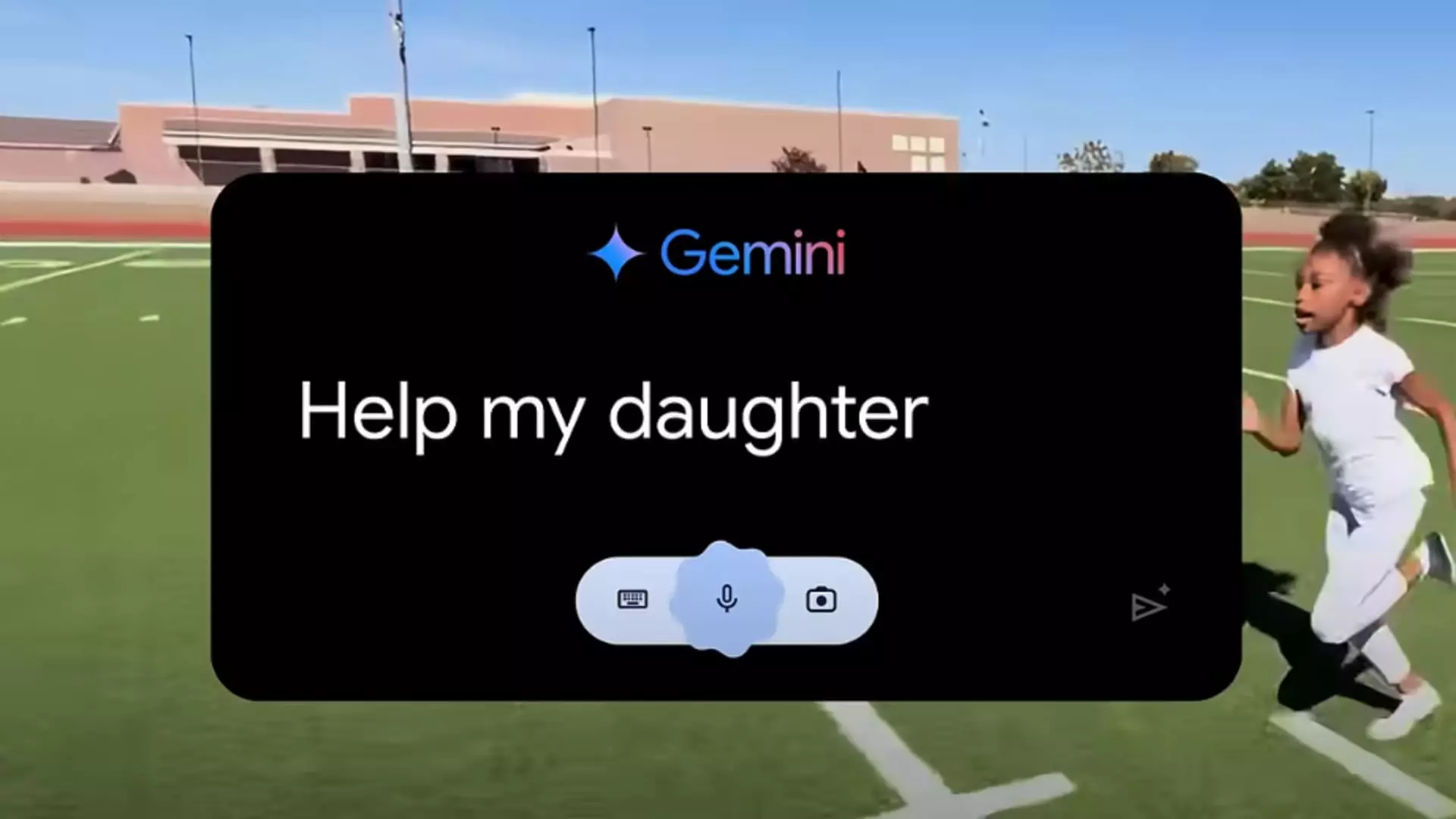Google recently faced backlash over its Olympics ad for the chatbot Gemini, which depicted a little girl using artificial intelligence to write a fan letter. The ad, titled “Dear Sydney,” raised concerns about the promotion of automation over authenticity, especially when it comes to creative tasks involving children. Let’s delve deeper into the implications of this controversial ad and the broader conversation around AI and creativity.
Backlash and Response
The ad, which featured a father using Gemini to help his daughter write a letter to her favorite athlete, Sydney McLaughlin-Levrone, initially tested well before airing. However, it received criticism for potentially encouraging the use of AI in creative endeavors, leading Google to pull the ad from airwaves. The company defended the ad as a celebration of Team USA but ultimately decided to phase it out of its Olympics rotation due to feedback.
Google emphasized that Gemini is meant to be a tool to provide a “starting point” for writing ideas, rather than a replacement for human creativity. The company believes that AI can enhance human creativity but can never fully replace it. The debate over the role of AI in creative work extends beyond Google’s ad, with other companies, such as Apple, also facing criticism for ads that suggest automation can replace human-made content.
Critics like Shelly Palmer of Syracuse University raise ethical concerns about a future where AI-driven content creation leads to a lack of original human thought. They argue that promoting automation over authentic expression could result in a “monocultural future” devoid of creativity and individuality. The pushback against ads like Google’s “Dear Sydney” highlights the importance of balancing technological innovation with the preservation of human creativity.
The Future of AI and Creativity
While AI has the potential to streamline creative processes and generate new ideas, it also raises questions about the role of human input in artistic and expressive endeavors. OpenAI’s Mira Murati acknowledges that AI may lead to the displacement of certain creative jobs but argues that some of these roles might not have been sustainable in the long run. The tension between technological advancement and creative integrity underscores the need for careful consideration of the ethical implications of AI in the creative industry.
Google’s decision to pull the Gemini ad reflects a broader conversation about the intersection of AI and creativity. While AI tools like Gemini can offer valuable assistance in generating ideas, they should not overshadow the importance of human creativity and expression. As technology continues to advance, it is essential to strike a balance between innovation and authenticity in the creative process. The debate over AI’s role in creativity is far from over, but it serves as a reminder of the enduring value of human imagination and originality in artistic endeavors.

